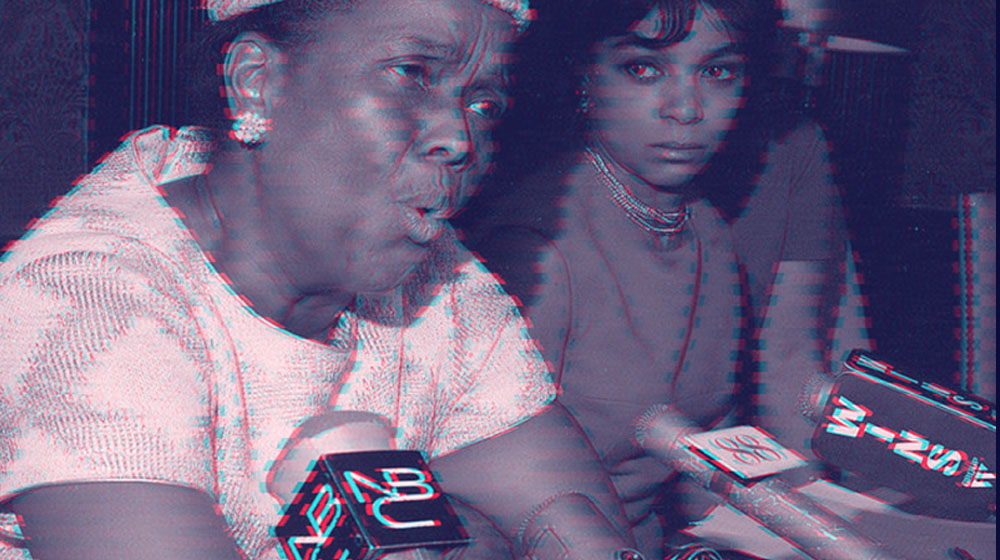
Strong people don’t need strong leaders.
–Ella Baker
Ella Baker serves as an example from history of how an organizer with a liberatory political practice engaged non-hierarchy. Baker worked in the cooperative movement in Harlem in the 1930s, was a field secretary and director of branches for the NAACP in the 1940s, worked alongside Dr. King in setting up the Southern Christian Leadership Conference in the 1950s, and was the intellectual and spiritual force behind the Student Nonviolent Coordinating Committee (SNCC) formed in the 1960s.
In the words of Ella’s Daughters, a contemporary network of women inspired by Baker’s legacy: “Ella rejected the idea that any single charismatic leader can save us. “Strong people don’t need strong leaders,” she insisted.” The book “Ella Baker & The Black Freedom Movement” points out “Neither of them [White or Du Bois] was the kind of organizer Baker modeled herself after; such high-profile, public figures did not draw her … it was the brave and unheralded local people.” “In Baker’s political philosophy, personal relationships were the building blocks that led to solidarity and collective action.” “A fundamental commitment to democratic practice distinguished Ella Baker’s progressive politics. She despised elitism and placed her confidence in the many rather than the few, however, talented and enlightened they might be. Moreover, she had come to recognize that the bedrock of any serious social change … lies … in the commitment and hard work of the rank-and-file membership and willingness and ability of those members to engage in vibrant and reciprocal process of discussion, debate and decision-making.”